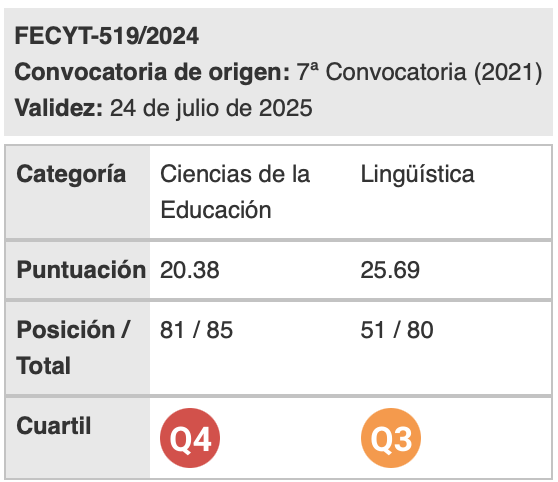Globalization and localization in advertising translation: a love-hate relationship?
Keywords:
globalization, localization, advertising translation, homogenisationAbstract
The aim of this paper is to analyse how globalization has affected the activity of advertising translation, paying heed to how globalization and localization approaches integrate translation as a strategy to promote different kinds of products and in different media. A theoretical introduction will be provided on the intercultural and interdisciplinary nature of advertising and more precisely of advertising translation, also dealing with notions like institutional norms or with the well-known expression “Think globally, act locally”. Recent examples from printed campaigns, television spots and promotional material from several websites will be analysed to show how translation reveals the contradictions and principles inherent to globalization, and the tensions, or lack of them, between globalising and localising strategies, trying to reveal signs of homogenisation of cultural beliefs, customs and images, through the detailed analysis of a global product being promoted in local markets, and of a local brand aiming at becoming international.
Downloads
Downloads
Published
How to Cite
Issue
Section
License
Authors who publish with this journal agree to the following terms:
- Authors retain copyright and grant the journal right of first publication with the work simultaneously licensed under a Creative Commons Attribution License that allows others to share the work with an acknowledgement of the work's authorship and initial publication in this journal.
- Authors are able to enter into separate, additional contractual arrangements for the non-exclusive distribution of the journal's published version of the work (e.g., post it to an institutional repository or publish it in a book), with an acknowledgement of its initial publication in this journal.
- Authors are permitted and encouraged to post their work online (e.g., in institutional repositories or on their website) prior to and during the submission process, as it can lead to productive exchanges, as well as earlier and greater citation of published work (See The Effect of Open Access).

Revista de Lenguas para fines específicos is licensed under a Creative Commons Reconocimiento-NoComercial-SinObraDerivada 4.0 Internacional License.
























